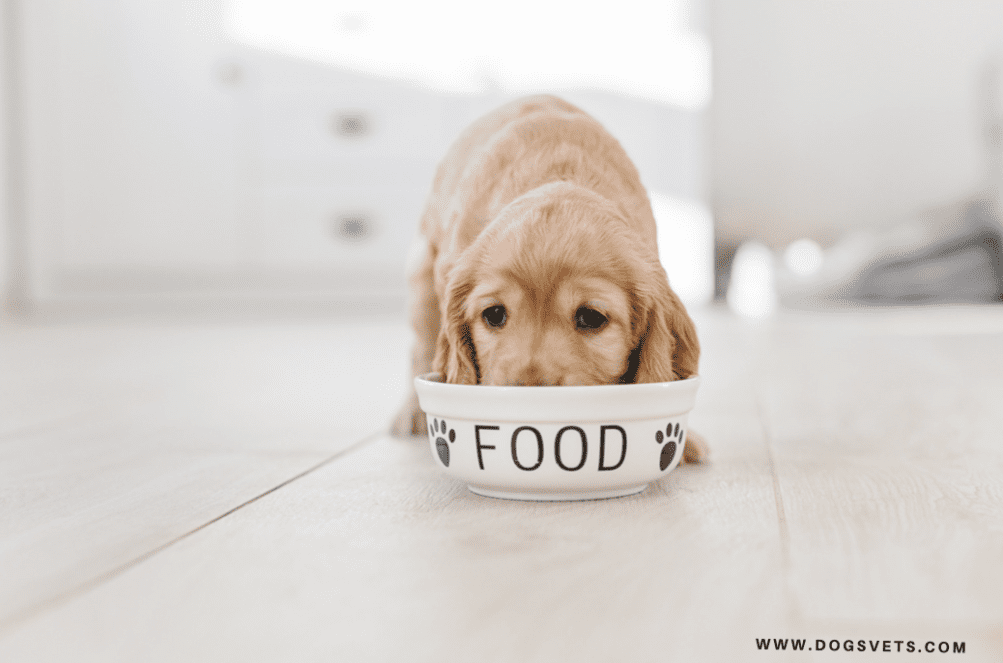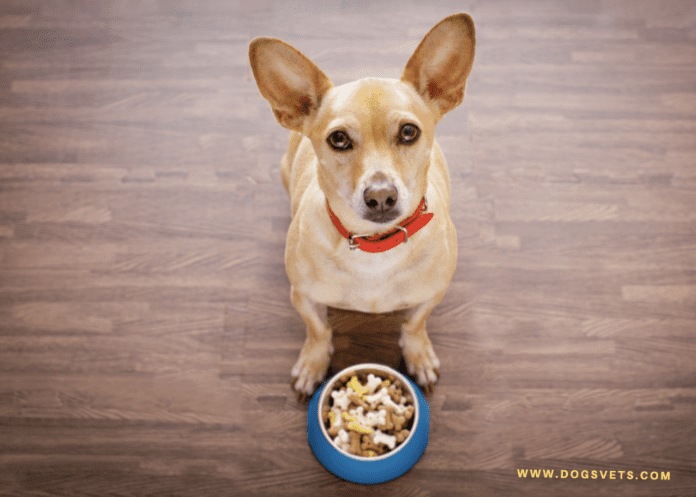Last Updated on September 3, 2022 by Dogs Vets
Some human foods that can be harmful to pets
Some human foods that can be harmful to pets include grapes, raisins, unprocessed grains like white rice and pasta, peas, lentils, beans of all types including black bean and chickpea products.
These foods contain lectins which are proteins that bind to cell receptors in the body causing inflammation.
This may lead to a number of health problems for your pet such as gastrointestinal issues or autoimmune diseases.
There are a number of human foods that are bad for dogs.
These include things like bones, rawhide, chicken skin, and certain types of meat.
Bones: Bones are a great source of calcium and other minerals, but they also contain lots of sugar and other unhealthy elements. Dogs can easily choke on bones if they’re not supervised properly, which can lead to serious health problems.
Rawhide: Rawhide is a popular dog toy that’s made from the skin of beef or lamb. While it may seem like a harmless option at first, rawhide is actually very dangerous for dogs. It can cause choking, intestinal blockages, and even heart problems.
Chicken Skin: Chicken skin is one of the worst human foods for dogs because it contains high levels of fat and cholesterol. These ingredients are especially harmful to dogs because they’re not able to convert these substances into energy the way humans can. This leads to obesity and other health problems down the line.
Fatty Meat: Fatty Meat is a good source of protein and other essential nutrients, but it also contains lots of unhealthy fats and cholesterol.
These fats can lead to heart disease and other health problems in dogs just as they do in humans.
In addition to these specific food items, other common offenders include chocolate (especially dark), onions, potatoes*, apples*, cereals containing nuts (*except those labeled “no nut”), avocado* (*if it contains seeds), spinach*, eggs*(*raw or cooked)*.
As you can see there is no set rule on what specifically should not be fed to our furry friends – it really depends on the individual ingredients contained in each item!

However if you’re at all concerned about potential harm caused by any of your pet’s meals then it might be best keep them away from these particular goodies altogether.
The Animal Poison Control Center have compiled a list of the most dangerous human foods to avoid feeding your pet.
Please contact your veterinarian or the ASPCA Animal Poison Control Center at (888) 426-4435 if you suspect that your pet has consumed any of the following substances.
LIST OF HUMAN FOODS THAT ARE BAD FOR DOGS
Alcohol
Alcoholic beverages and alcoholic food products can cause vomiting, diarrhea, impaired coordination, depression of the central nervous system, difficulties breathing, tremors, abnormal blood acidity, coma, and even death.
Under no circumstances should alcohol be given to your pet. Contact your veterinarian or the ASPCA Animal Poison Control Center immediately if you suspect that your pet has swallowed alcohol.
Avocado Avocado mostly poses a threat to birds, rabbits, donkeys, horses, and ruminants, such as sheep and goats.
Birds and rabbits are most at risk for cardiovascular disease and death. The head and neck of horses, donkeys, and ruminants are typically bloated and edematous.
Caffeine, Chocolate, and Coffee
All of these items contain methylxanthines, which are present in cacao seeds, the fruit of the plant used to create coffee, and the nuts of an extract used in some sodas.
Methylxanthines can cause vomiting and diarrhea, panting, excessive thirst and urination, hyperactivity, irregular heart rhythm, tremors, seizures, and even death if consumed by an animal. Noting that dark chocolate is more hazardous than milk chocolate is important.
White chocolate carries the lowest concentration of methylxanthines, whereas baking chocolate has the highest concentration.
Citrus
Citrus plant stems, leaves, peels, fruit, and seeds contain different concentrations of citric acid and essential oils that, if consumed in large quantities, can induce discomfort and perhaps central nervous system depression.
Small dosages, such as consuming the fruit, are unlikely to cause more than mild gastrointestinal discomfort.
Coconut Oil and Coconut
Coconut and coconut-based items are unlikely to cause major harm to your pet if consumed in tiny amounts.
Fresh coconut flesh and milk contain oils that may induce stomach distress, loose stools, or diarrhea. Therefore, we recommend exercising caution when feeding these items to your pet. Potassium-rich coconut water should not be given to your pet.
Raisins with Grapes
Grapes and raisins can induce renal failure, however the toxin they contain is unknown. It is advised to avoid feeding grapes and raisins to dogs until further information on the toxin is available.
Macadamia Nuts
Dogs who consume macadamia nuts may experience weakness, depression, vomiting, tremors, and heat. Typically, symptoms begin within 12 hours of consumption and might continue between 24 and 48 hours.
Milk and Dairy
Due to the lack of lactase (the enzyme that breaks down lactose in milk), milk and other dairy-based items can induce diarrhea or other digestive distress in pets.
Nuts Nuts, such as almonds, pecans, and walnuts, are rich in oils and fats. Fats can induce vomiting, diarrhea, and perhaps pancreatitis in animals.
Garlic, Onions, and Chives
These vegetables and herbs might irritate the digestive tract and induce red blood cell damage and anemia. Even though cats are more sensitive, dogs are also at risk if they drink enough.
Uncooked/Uncooked Meat, Eggs, and Bones
Bacteria such as Salmonella and E. coli can be found in raw meat and eggs, which can be dangerous to humans and animals.
Raw eggs include an enzyme known as avidin that inhibits the absorption of biotin (a B vitamin), which can cause skin and coat issues.
Feeding your pet raw bones may appear to be a natural and healthy practice that your pet would engage in if it lived in the wild.
However, this can be extremely hazardous for domestic pets, who may suffocate on bones or experience grave injuries if the bone splinters and becomes lodged or punctures the digestive tract.
Sodium and Salty Snacks
Large quantities of salt can cause excessive thirst and urine in animals, as well as sodium ion toxicity.
Vomiting, diarrhea, depression, tremors, an elevated body temperature, seizures, and even death can indicate that your pet has consumed too much salty food. Therefore, you should avoid feeding your pets salty treats such as potato chips, pretzels, and salted popcorn.
Xylitol
Numerous products employ xylitol as a sweetener, including gum, confectionery, baked goods, and toothpaste. It can induce insulin secretion in most animals, leading to liver failure. The rise in insulin causes hypoglycemia (lowered sugar levels).
Toxicosis manifests initially as vomiting, tiredness, and loss of coordination. Signs can develop into seizures. Within a few days, elevated liver enzymes and liver failure can be observed.
Yeast Crust
The fermentation of yeast dough might cause gas to collect in your pet’s digestive tract. This can be uncomfortable and cause the stomach to swell and possibly twist, creating a potentially life-threatening situation.
The yeast make ethanol as a byproduct, therefore a dog that consumes uncooked bread dough can become intoxicated.
Fact Check
We hope you enjoyed this article… What are your thoughts?
Pls feel free to share this article!

















